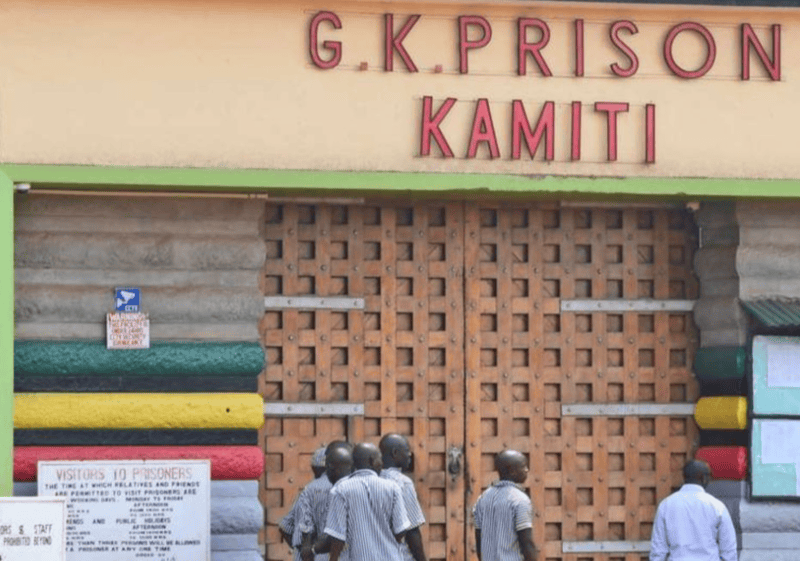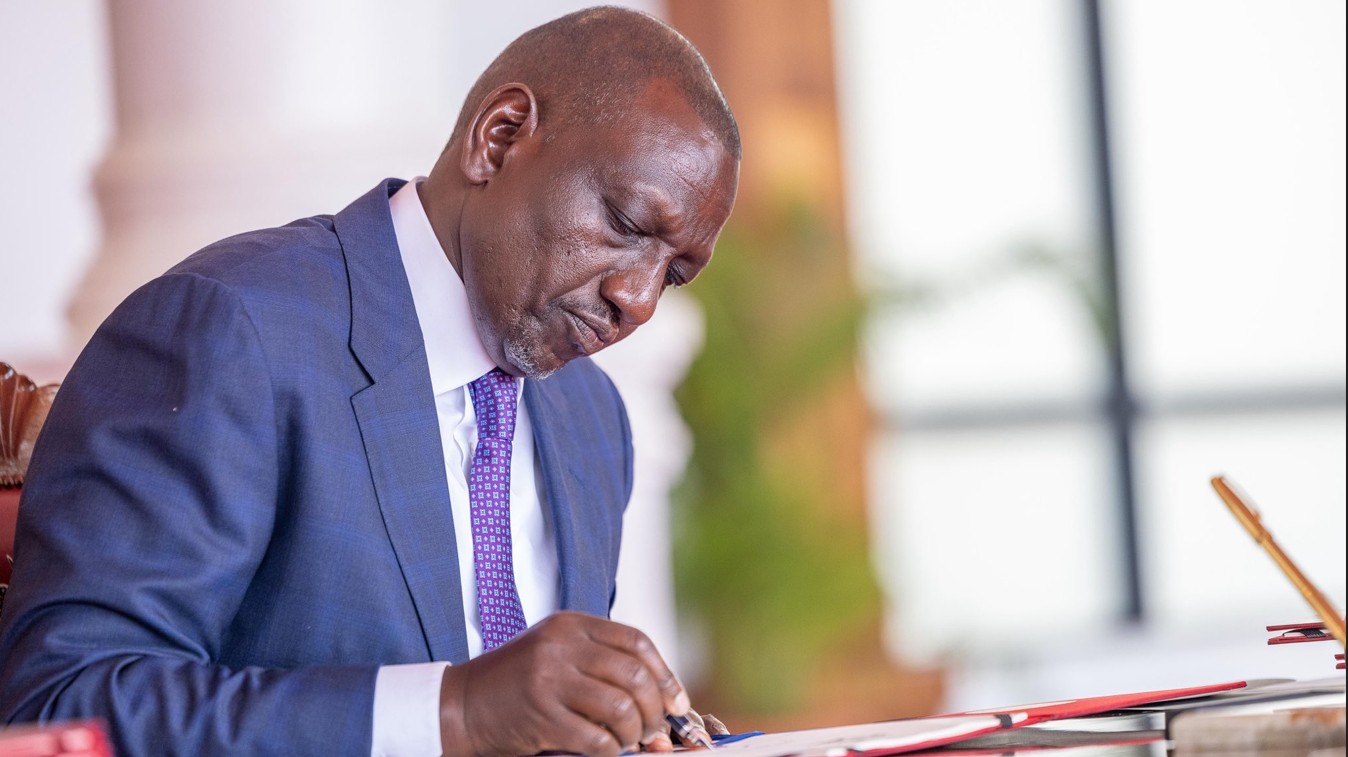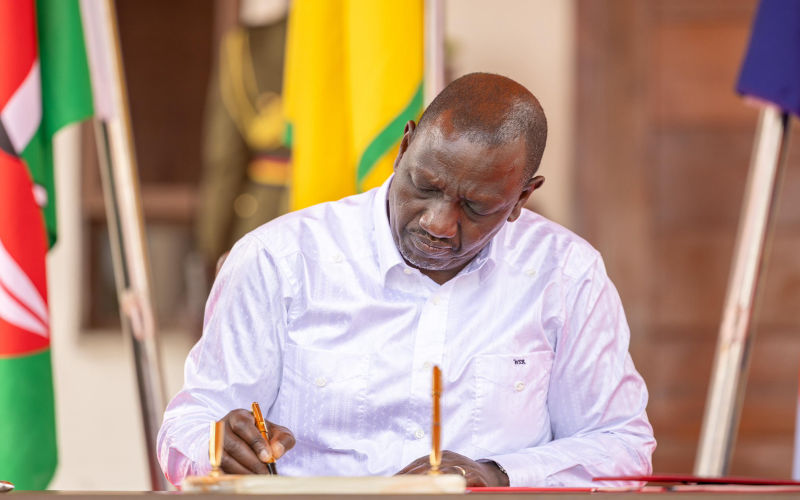Treasury proposes Sh4 billion fund to revamp prison farms, industries

Treasury Cabinet Secretary John Mbadi outlined that the new fund will take over operations from the Prison Farms Revolving Fund, established in 1993, and the Prisons Industries Revolving Fund, set up in 1988.
The Treasury has drafted regulations to create a Sh4 billion Prison Enterprise Fund that will transform how prison farms and industries are run, shifting management from old schemes to a centralised structure with professional leadership.
Treasury Cabinet Secretary John Mbadi outlined that the new fund will take over operations from the Prison Farms Revolving Fund, established in 1993, and the Prisons Industries Revolving Fund, set up in 1988.
More To Read
- Treasury CS warns counties on growing Sh103 billion pension debt, calls for reforms
- Audit uncovers State agencies overspending on salaries despite staff shortages
- 'Public funds not enough': Treasury CS Mbadi rallies support for public-private partnerships to close infrastructure gap
- Treasury to deduct county employee dues at source, ends years of non-remittance
- Blow to governors as Treasury advances integrated revenue collection system
- Treasury launches e-procurement system with price caps to curb inflated spending
Both will be wound up to pave the way for a single enterprise expected to handle production, sales, and inmate rehabilitation.
“There is established a fund to be known as the Prisons Enterprises Fund. The object of the fund shall be to provide funds to support the development and operations of the prison enterprises,” the draft regulations state.
“The initial capital of the fund shall be four billion shillings appropriated by Parliament in accordance with the Act.”
The regulations propose that the new entity will finance training for inmates, purchase equipment and machinery, and promote goods produced behind prison walls.
Management will be entrusted to a chief executive officer appointed through open competition on a three-year renewable contract.
Oversight will come from a board consisting of officials from Treasury, the ministry in charge of correctional services, and two members of the public.
The regulations formally revoke the existing funds, stating: “The Prison Farms Fund established under the Exchequer and Audit (Prisons Farms Fund) Regulations, 1993, is wound up.” A similar revocation applies to the Prisons Industries Fund.
The two schemes started with Sh14 million each but have since grown their combined assets to over Sh800 million, supported by labour from more than 5,000 prisoners.
Prisons across the country currently produce furniture, textiles, farm produce, and metal works, while also being responsible for making car license plates. These items are sold in exhibitions and outlets nationwide.
The Auditor-General has in the past criticised the funds for operating a joint account that blurred financial reporting and for failing to automate processes, with most operations still conducted manually.
The new enterprise fund is expected to close those gaps while enhancing training and rehabilitation for inmates and improving welfare for prison staff.
Top Stories Today













































